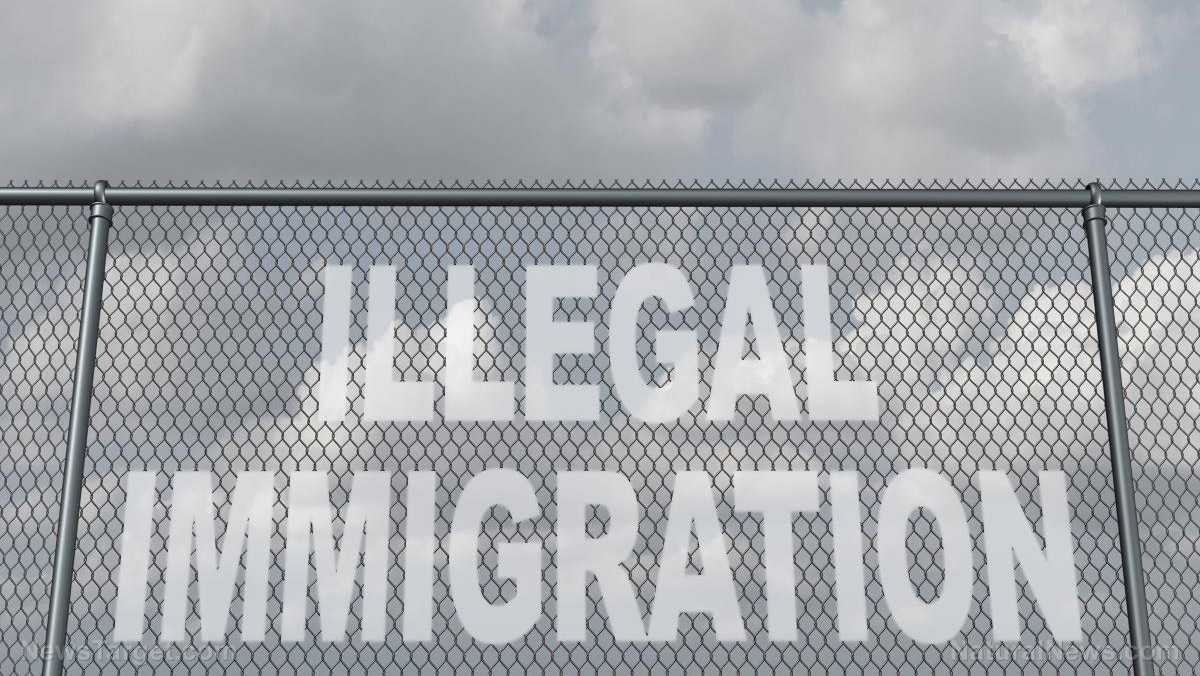
The Austrian government ordered a nationwide lockdown for the unvaccinated as the country struggles to slow the spread of the Wuhan coronavirus (COVID-19). Chancellor Alexander Schallenberg confirmed that millions of citizens will be placed into lockdowns amidst the worrying increase in infections.
Schallenberg told reporters in Vienna on Saturday, Nov. 13, that it is the government's job to protect the people. The lockdowns for the unvaccinated started Monday, Nov. 15.
The lockdown will initially last for ten days, with police officers asked to check people outside to ensure that they are vaccinated. "It can happen any time and anywhere. Every citizen has to expect to be checked," said Interior Minister Karl Nehammer.
The move will affect around two million people in a country of 8.9 million. The government is prohibiting unvaccinated individuals from leaving their homes except for basic activities such as going to work, grocery shopping or getting vaccinated. It will not affect children under the age of 12 as they cannot officially get vaccinated yet.
Austrian citizens aged 12 and older who have not been fully vaccinated can be released from lockdown if they show a negative PCR test, while those found to be in breach of the rules can face fines of up to €3,600 ($4,078).
In response to the mandate, hundreds of Austrians descended upon the streets of Ballhausplatz during an anti-vaccination rally. Protesters held placards reading "no compulsory vaccination" as they marched down the streets.
Austria has one of the lowest vaccination rates in western Europe, with only 65 percent of its total population being fully vaccinated. In recent weeks, the increasing trend in infections showed 11,552 new cases on Sunday, Nov. 14. A week before, there were 8,554.
This seven-day infection rate stands at 775.5 new cases per 100,000 inhabitants. In comparison, the rate is at 289 in neighboring Germany. There are also about 437 people being treated for COVID in intensive care units in Austrian hospitals as of Friday, Nov. 12.
The government planned to implement measures when the number of people being admitted to the ICU reached 600, but Schallenberg said that it was no longer sensible to wait. Unvaccinated people were then effectively barred from entering restaurants, hotels, and events of more than 25 people.
New government rules dictate that all bars and restaurants be closed by 8 p.m., leaving many streets around the country deserted. (Related: Austria tightens border controls as coronavirus cases reach 2,000.)
COVID situation in other European countries
Germany already passed the five million mark in the cumulative case count for the COVID-19 infections.
The Robert Koch Institute for infectious diseases reported 33,498 cases on Sunday, bringing the national total to 5,021,469 since the beginning of the pandemic, with 55 deaths on Sunday alone. Chancellor Angela Merkel called for a "national effort" to break another wave of the virus, urging people to get vaccinated.
In Italy, nearly 4,000 people took to the streets of Milan to protest the strict COVID rules. Protesters were opposing a government mandate of having workers in the public and private sectors get government-issued health passes as the country reported 8,544 new COVID cases and 53 virus-related deaths on Saturday alone.
Bulgaria also saw a surge in COVID-19 infections with 334 deaths in a single day – the highest in the country since the beginning of the pandemic – as the parliamentary and presidential elections got underway.
In the Netherlands, hundreds of Dutch protestors had a water cannon turned on them by police as they objected to the partial return of lockdown introduced by Prime Minister Mark Rutte.
Read more about how governments are handling COVID-19 at Pandemic.news.
Sources include:
Please contact us for more information.





















